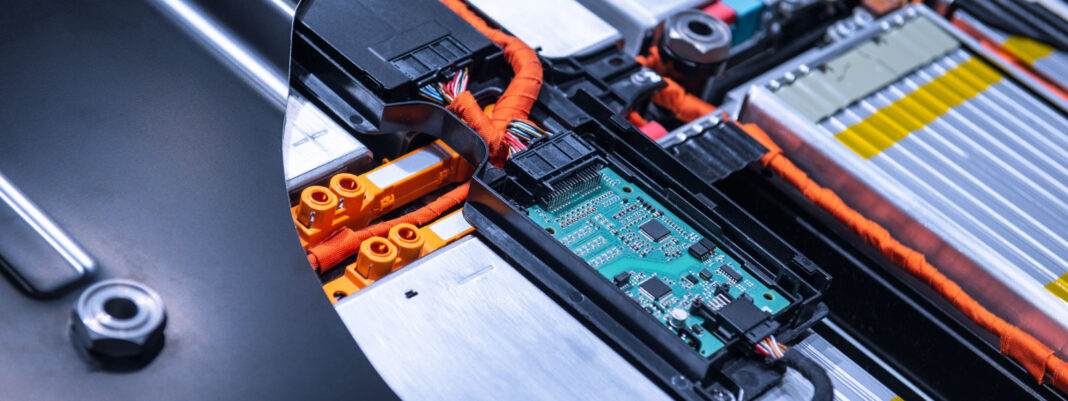The Crucial Role of Power Products in e-Mobility and Battery Technology
As electric vehicles (EVs) continue to gain traction worldwide, the demand for reliable, efficient, and safe battery systems has never been higher. At the heart of these systems are power products—such as programmable power supplies, electronic loads, and battery testing systems—that play a pivotal role in the development, testing, and manufacturing of EV batteries.
Why Power Products Matter in e-Mobility
The shift to e-mobility marks a significant transformation in the automotive industry, driven by environmental concerns, technological advancements, and changing consumer preferences. Central to this shift is the battery, which powers the entire electric drivetrain of an EV. Developing high-performance batteries that meet the stringent requirements of modern EVs demands sophisticated tools and technologies, with power products among the most crucial.
Key Power Products in Battery Development
Programmable Power Supplies: These are essential for simulating a wide range of operating conditions during battery R&D. By providing precise control over voltage and current, programmable power supplies allow engineers to test how batteries perform under different scenarios, helping optimize efficiency, range, and safety.
Electronic Loads: These tools simulate the electrical demand on a battery, mimicking real-world conditions such as acceleration or varying load demands. This is crucial for stress testing batteries and ensuring they can deliver the necessary power reliably over time.
Battery Testing Systems: Comprehensive testing systems integrate multiple power products to provide a complete testing environment for battery cells, modules, and packs. These systems are vital for ensuring that batteries meet the high safety and performance standards required for e-mobility.
Power Products in Manufacturing
In the manufacturing process, power products are equally important. Programmable power supplies are used in key stages like electrode production and battery cell formation, ensuring that batteries are assembled with precision. Electronic loads play a critical role in end-of-line testing, verifying that batteries can handle real-world operating conditions before they reach consumers.
Battery testing systems, capable of high-volume testing and data analysis, ensure consistency and quality across large-scale production, helping manufacturers meet the demands of a rapidly growing EV market.
The Future of Power Products in e-Mobility
Looking ahead, the role of power products in e-mobility is set to grow significantly. Innovations such as AI and machine learning will enhance predictive maintenance and process optimization. As solid-state batteries and other advanced technologies emerge, power products will need to adapt to meet new challenges.
Moreover, the push for sustainability will drive the development of energy-efficient power products that reduce the environmental impact of battery production and testing, further supporting the global transition to electric transportation.
Conclusion
Power products are the unsung heroes behind the scenes, enabling the development and production of the batteries that power the future of transportation. As the e-mobility industry continues to expand and evolve, the importance of these tools will only increase, driving innovations that make electric vehicles more efficient, reliable, and sustainable.



